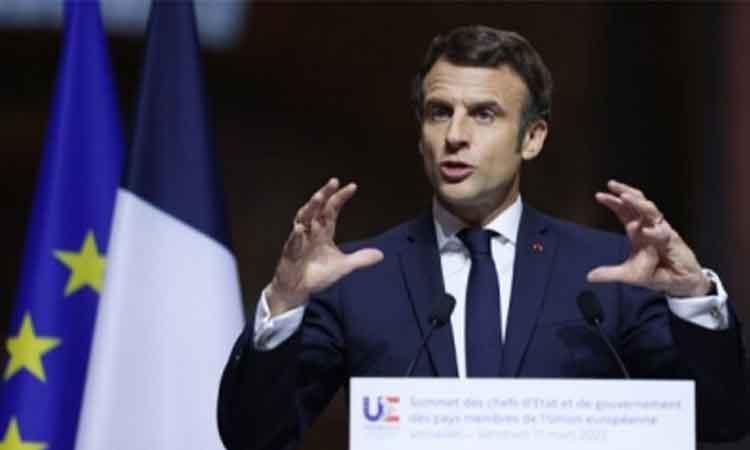French President Emmanuel Macron believes that a "European political community" should be built that would be broader than the European Union (EU) and would include nations that are not members of the 27-member bloc.
He outlined his vision in a speech to the European Parliament in Strasbourg on Monday, reports Xinhua news agency.
"How should we organise Europe in a political manner?" he asked.
"And how can we go further than the European Union? It's our historic obligation now to respond to that question."
Also read | 5 dead, 200 injured in SL violence, houses of politicians torched
The ultimate goal, he said, is to maintain stability on the continent. "Relying on the EU only is not enough."
"Given its level of integration and ambition," the EU could not be Europe's only organising body, the French leader said.
This new organisation would allow democratic European nations to "find a new space of political cooperation" in the areas of security, energy, transport, infrastructure investment and freedom of movement.
To become a member state of the EU is a lengthy process, often taking years if not decades, Macron said, as the bloc's membership criteria are very strict.
His proposal comes as Ukraine, currently in conflict with Russia, is seeking the EU's support and asking to be admitted as a candidate country to enter the Union.
The proposal complements the 49 proposals of the Conference on the Future of Europe that will be presented to the leaders of EU institutions.
These proposals cover climate change and the environment; a stronger economy, social justice and jobs; the EU in the world; values and rights, rule of law, security; digital transformation; migration; and education, culture, youth and sport.


















